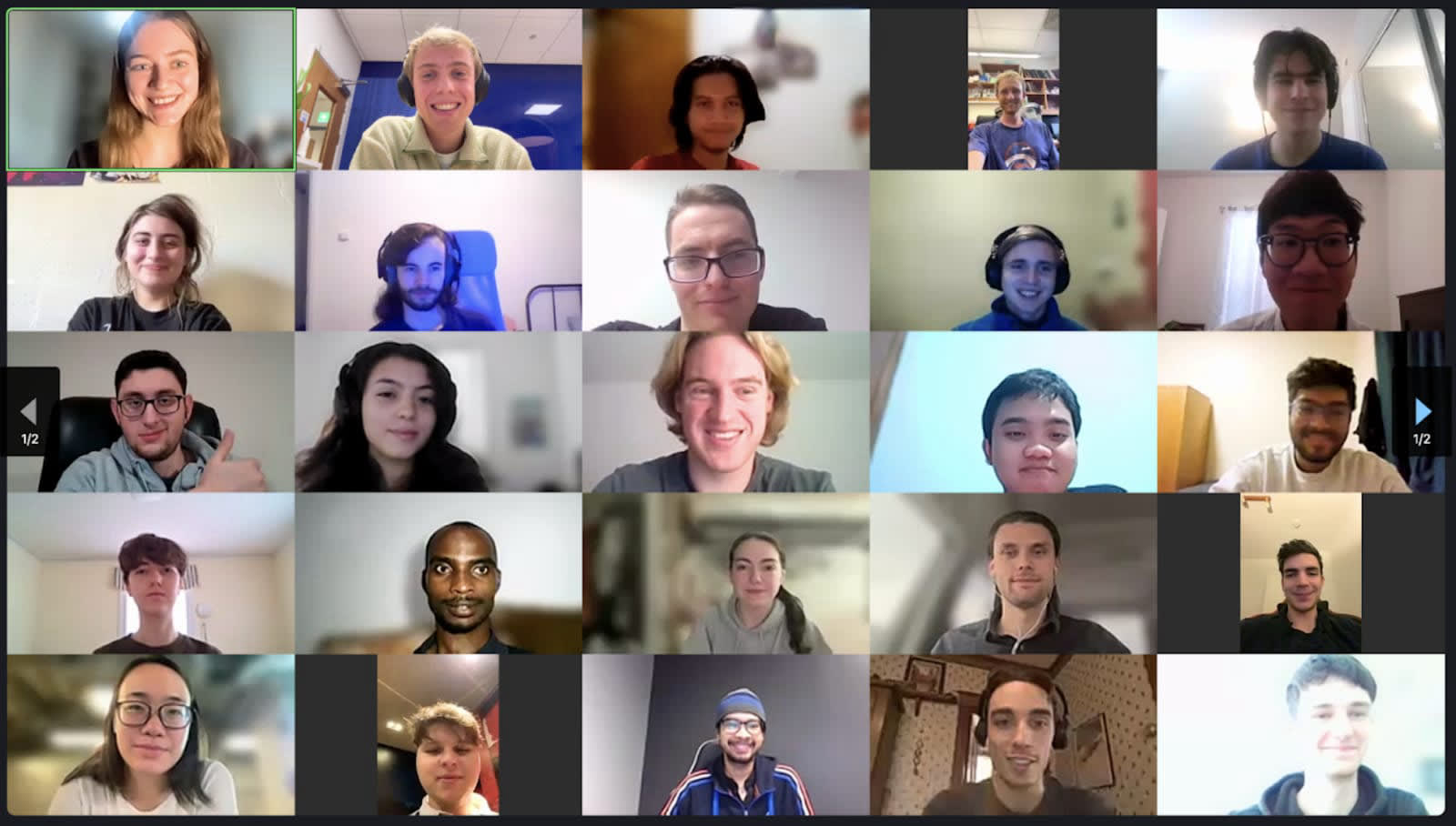TL;DR
Starting an Effective Altruism (EA) group might be one of the highest-impact opportunities available right now. Here’s how you can get involved:
* University students: Apply to the Centre for Effective Altruism’s Organiser Support Programme (OSP) by Sunday, June 22.
* City or national group organisers: You’re invited, too. See details here!
* Interested in mentorship? Apply to mentor organisers by Wednesday, June 18.
* Know someone who could be an organiser or mentor? Forward this post or recommend them directly.
OSP provides mentorship, workshops, funding support, and practical resources to build thriving EA communities.
Why Starting an EA Group Matters
EA Groups, especially university groups, are often the very first exposure people have to effective altruism principles such as scale, tractability, and neglectedness. One conversation, one fellowship, one book club - these seemingly small moments can reshape someone’s career trajectory.
Changing trajectories matters - even if one person changes course because of an EA group and ends up working in a high-impact role, the return on investment is huge.
You don’t need to take our word for it:
* 80,000 Hours: "Probably one of the highest-impact volunteer opportunities we know of."
* Rethink Priorities: Only 3–7% of students at universities have heard of EA, indicating neglectedness and a high potential to scale.
* Open Philanthropy: In a survey of 217 individuals identified as likely to have careers of particularly high altruistic value from a longtermist perspective, most respondents reported first encountering EA ideas during their college years. When asked what had contributed to their positive impact, local groups were cited most frequently on their list of biggest contributors. This indicates that groups play a very large role in changing career trajectories to high-impact roles.
About the Organiser Support Programme (OSP)
OSP is a remote programme by the Centre for Effective Altruism designed



Exactly, 1 has been the approach I have taken; as long as I am unsure I err on the side of safety and believing in morally large universes including those with free will. That said, it would be interesting if many EAs were similar and thought something like "there's only a ~10% chance free will and hence morality is real, so very likely my life is useless, but I am trying anyway". I think that is a good approach, but would be an odd outcome.